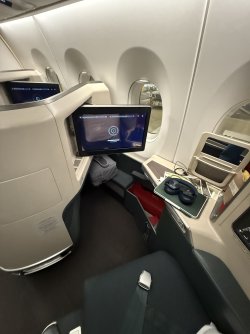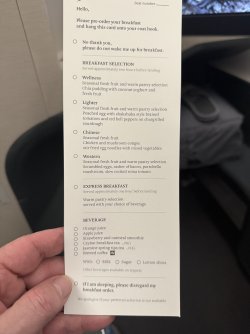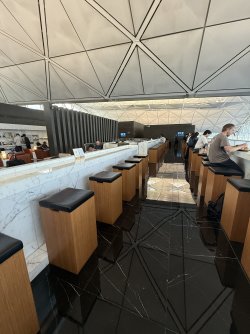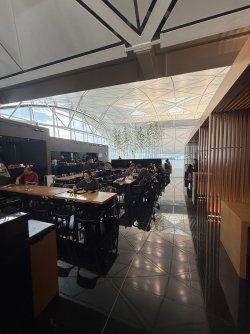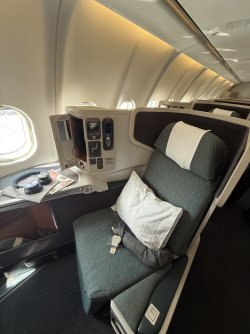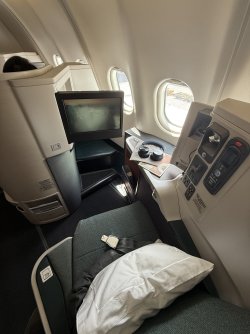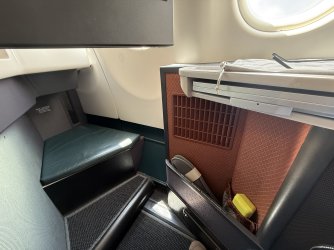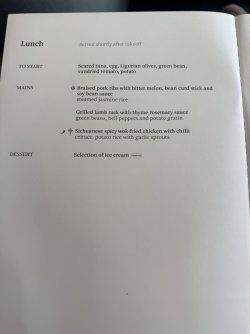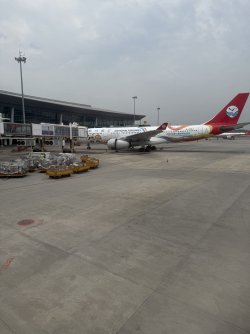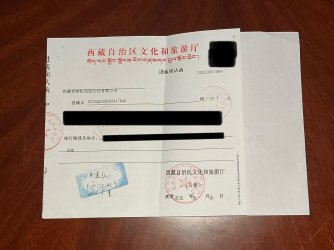Noah Count
Senior Member
- Joined
- Mar 12, 2016
- Posts
- 5,552
Time for another mid-year trip to some place MrsM and to a lesser degree MissM do not have much interest in visiting. This year it’s Tibet (西藏自治区 Xīzàng Zìzhìqū) which is a place I have wanted to visit but things got in the way. The plan is to update this report along the way but I have no idea what the internet may be like or what restrictions I my run into so it could be hit and miss.
I had all but given up on Tibet however in mid 24 when visa exempt travel was announced it was back on the cards. I have wanted to go to Tibet for some time and have done previous research which I will cover in the next post. It took a bit of faffing about to finalise travel, flights, dates, tours etc. but I will be on my way in less than a week. I will be in Tibet for a total of 9 days and then Japan. Travel plan is:
Japan is largely unplanned, I have booked accommodation for the first and last night, every thing in between is up for grabs. My plan is to just go with the flow and what ever happens, 'happens'. For some this may seem odd but I have been there enough to be confident in my ability to wing it.
I had all but given up on Tibet however in mid 24 when visa exempt travel was announced it was back on the cards. I have wanted to go to Tibet for some time and have done previous research which I will cover in the next post. It took a bit of faffing about to finalise travel, flights, dates, tours etc. but I will be on my way in less than a week. I will be in Tibet for a total of 9 days and then Japan. Travel plan is:
- ADL-SYD-HKG-TFU
- Overnight in Chengdu
- TFU-LXA (tour commences)
- 9 Days in Tibet
- Train Lhasa-Xining (the world’s highest railway)
- XNN-PVG
- Overnight PVG
- PVG-HND-IZU
- A week later NRT-MEL-ADL
Japan is largely unplanned, I have booked accommodation for the first and last night, every thing in between is up for grabs. My plan is to just go with the flow and what ever happens, 'happens'. For some this may seem odd but I have been there enough to be confident in my ability to wing it.
Last edited:


























